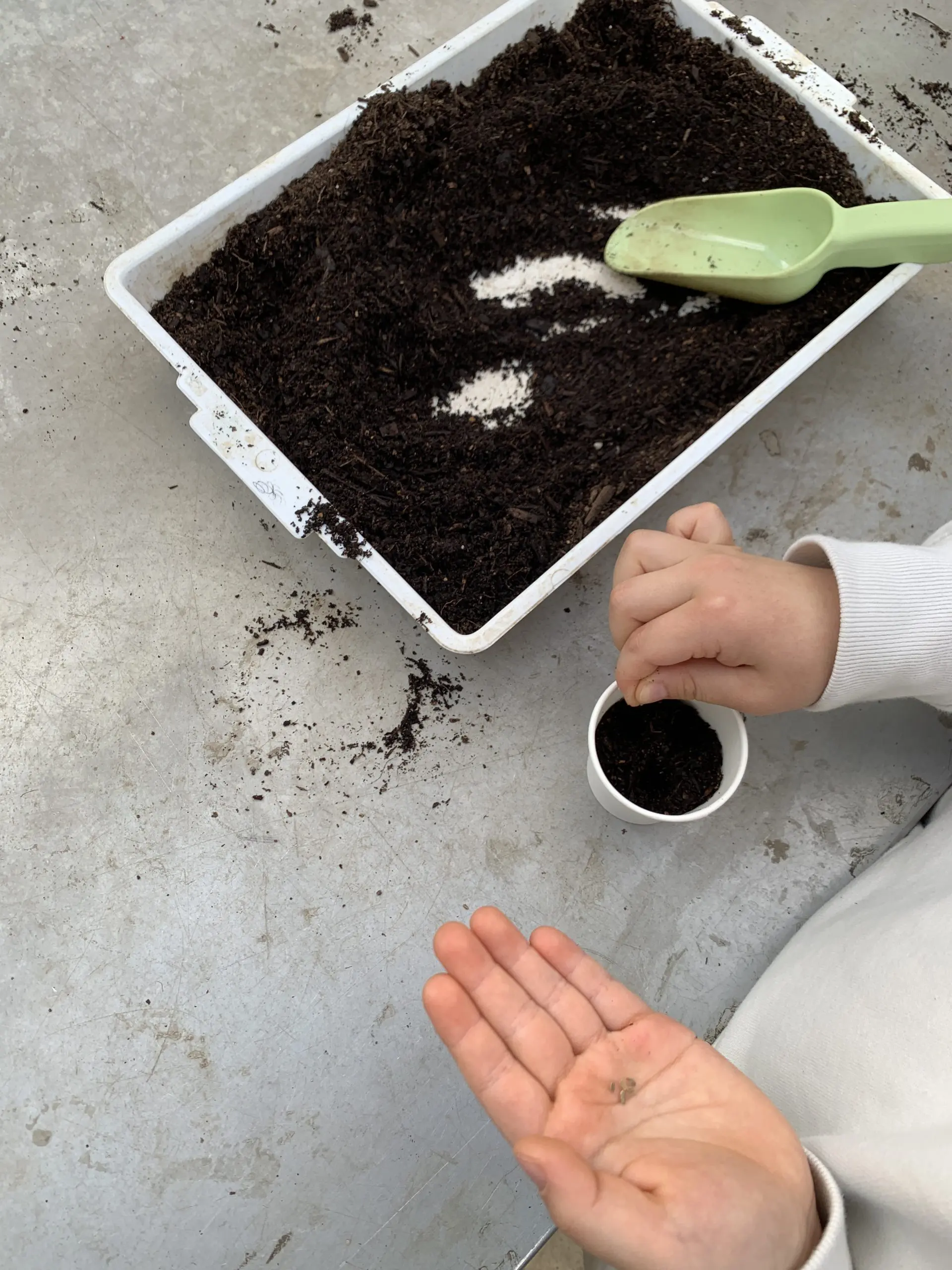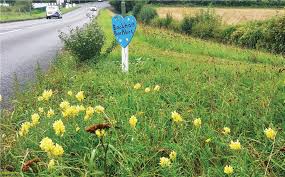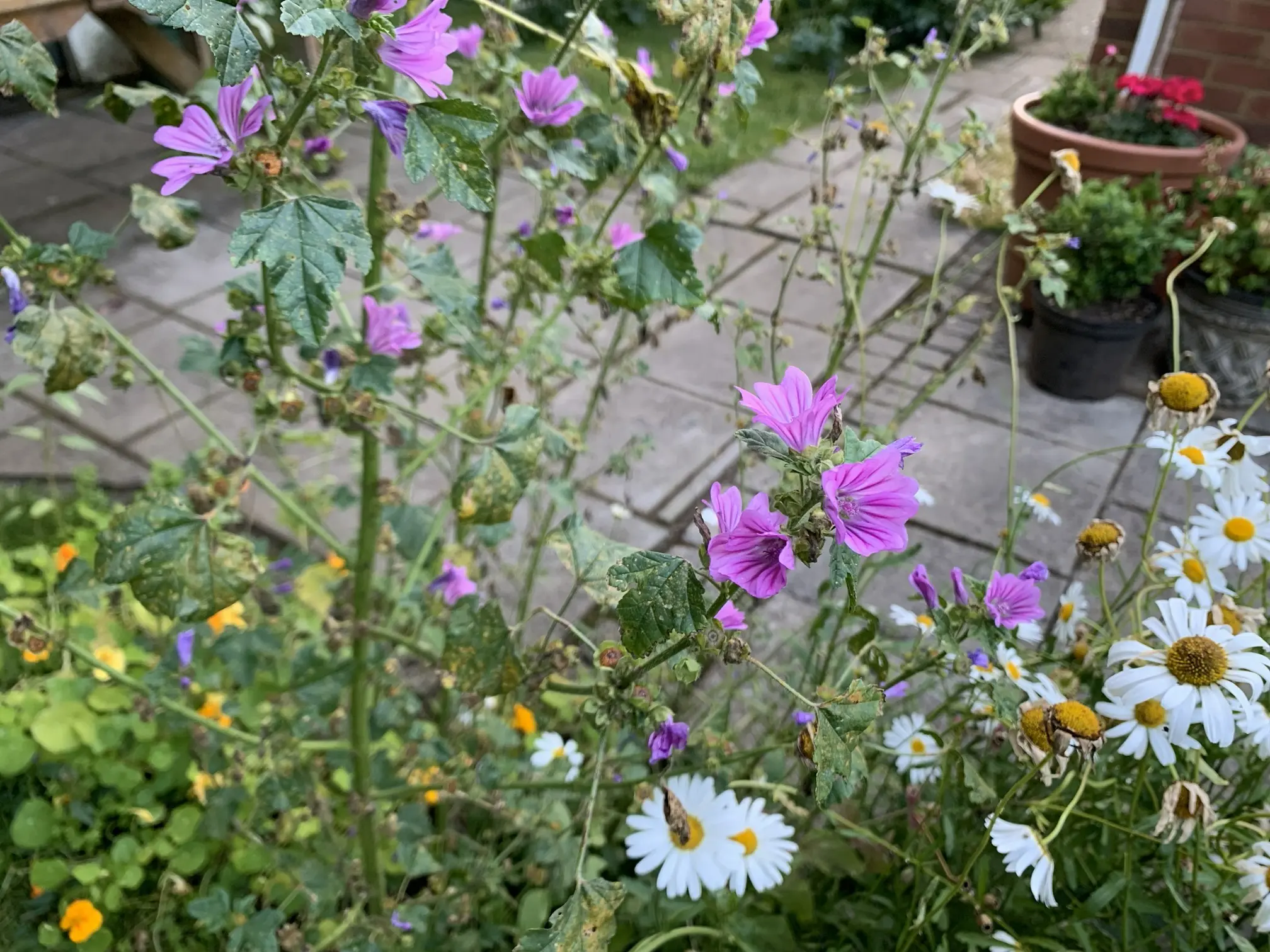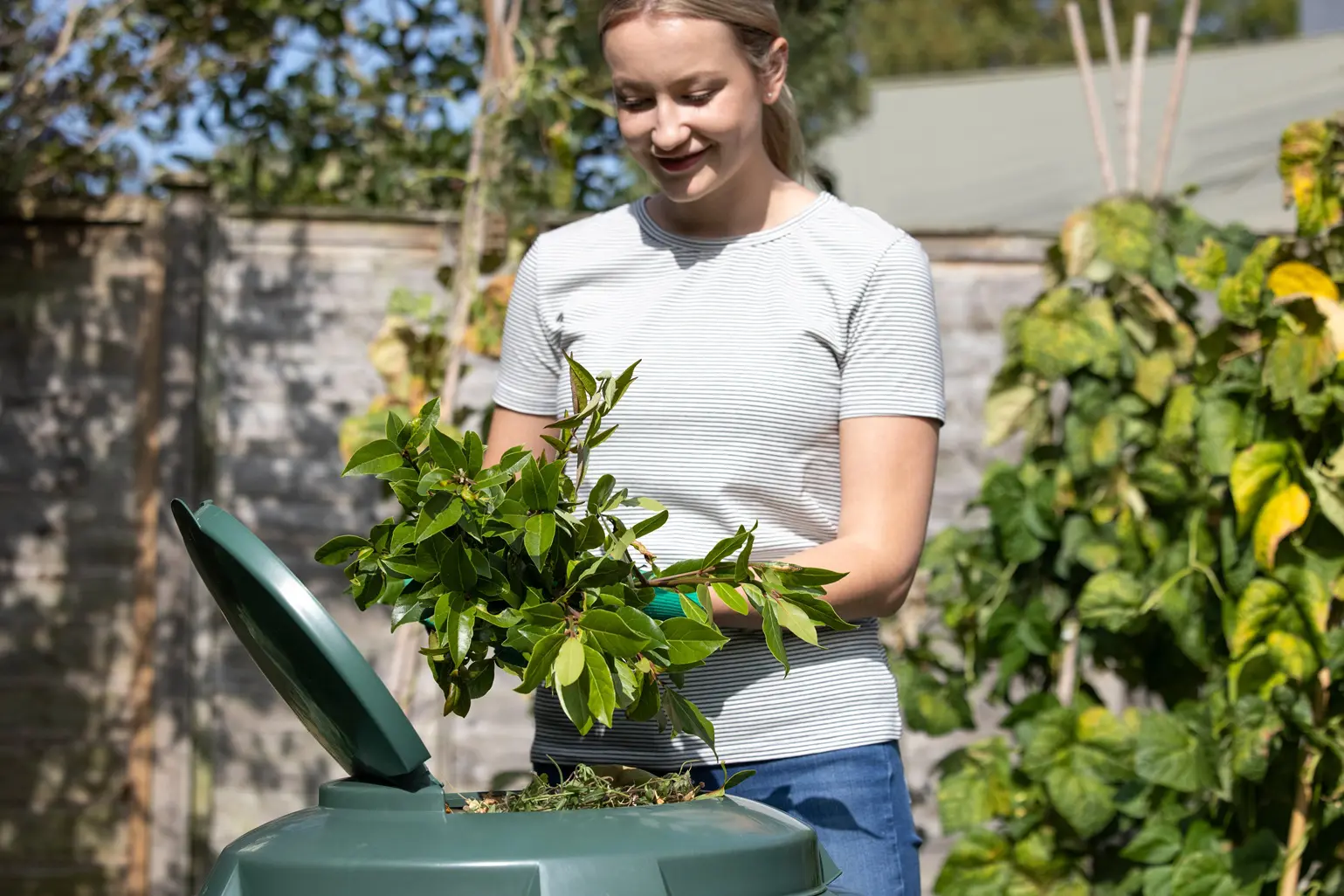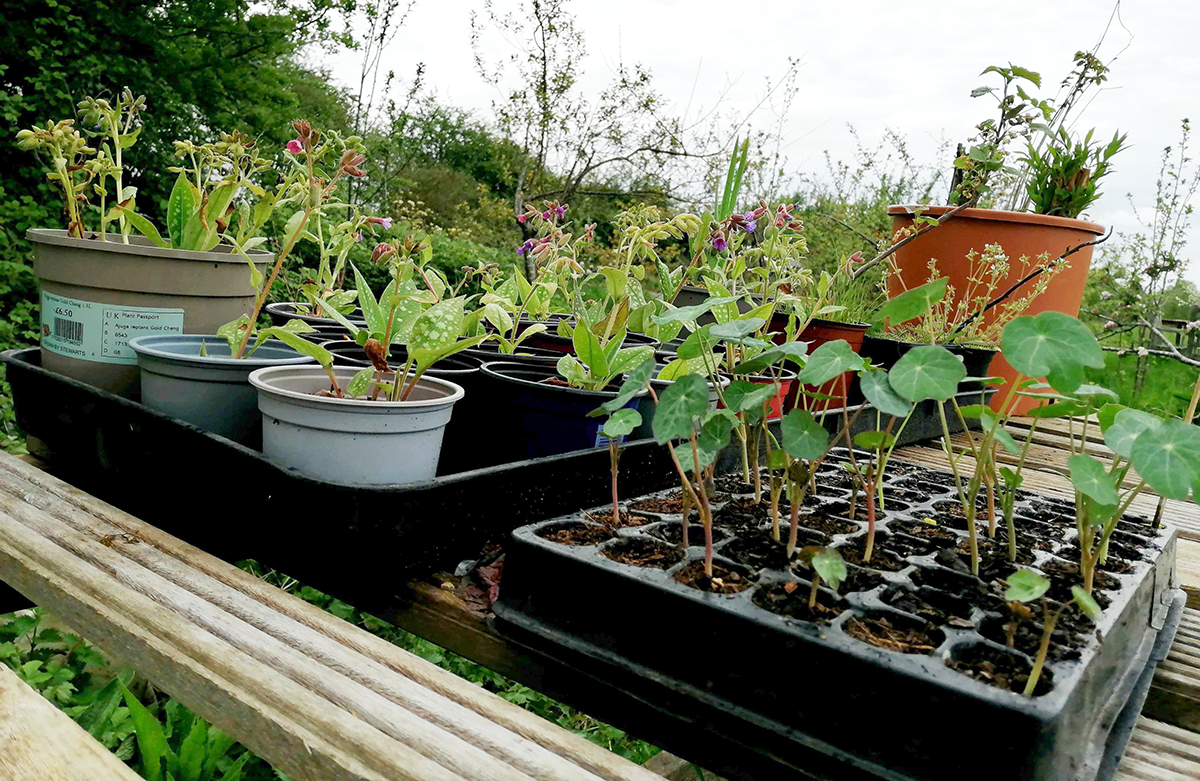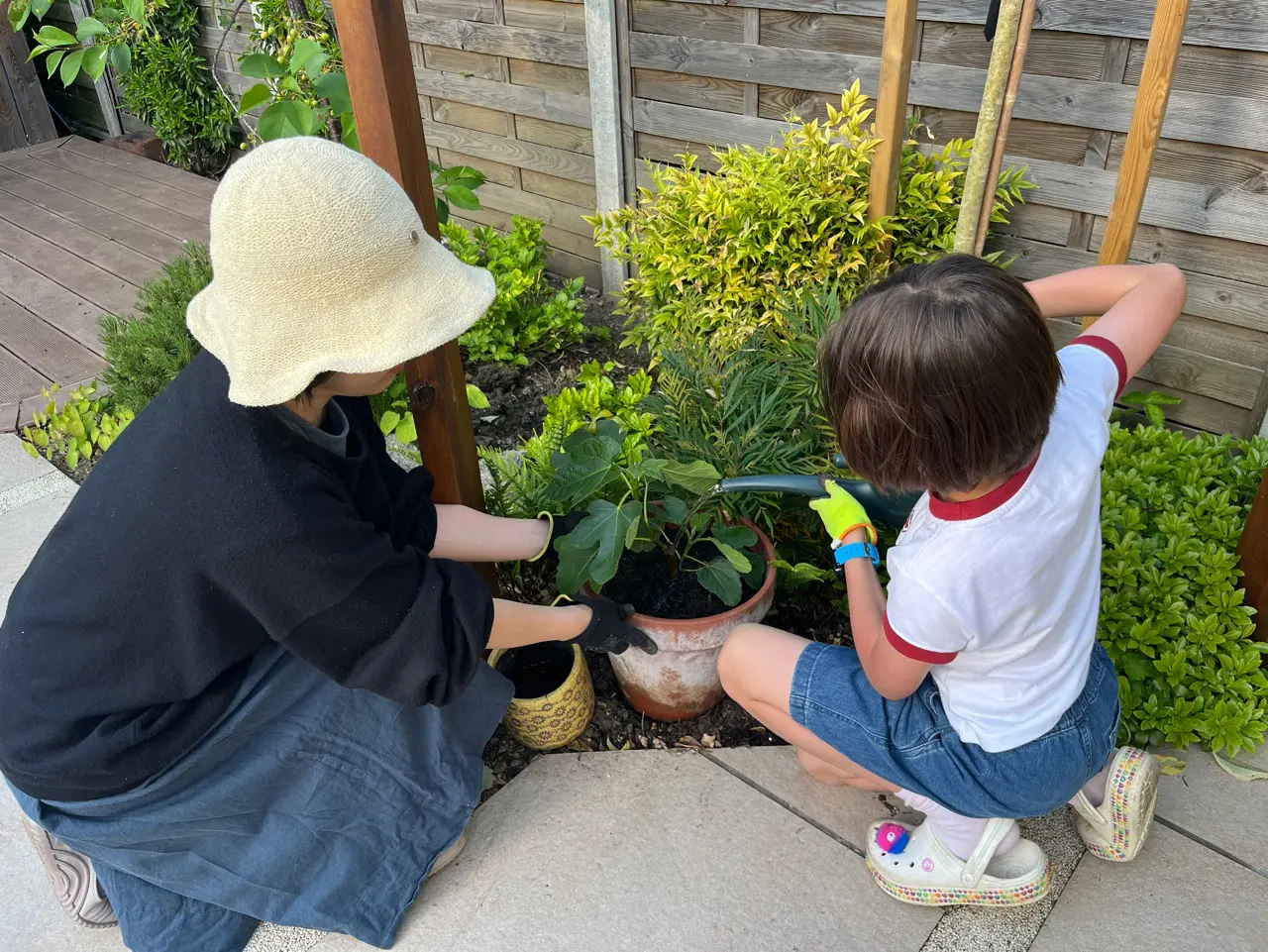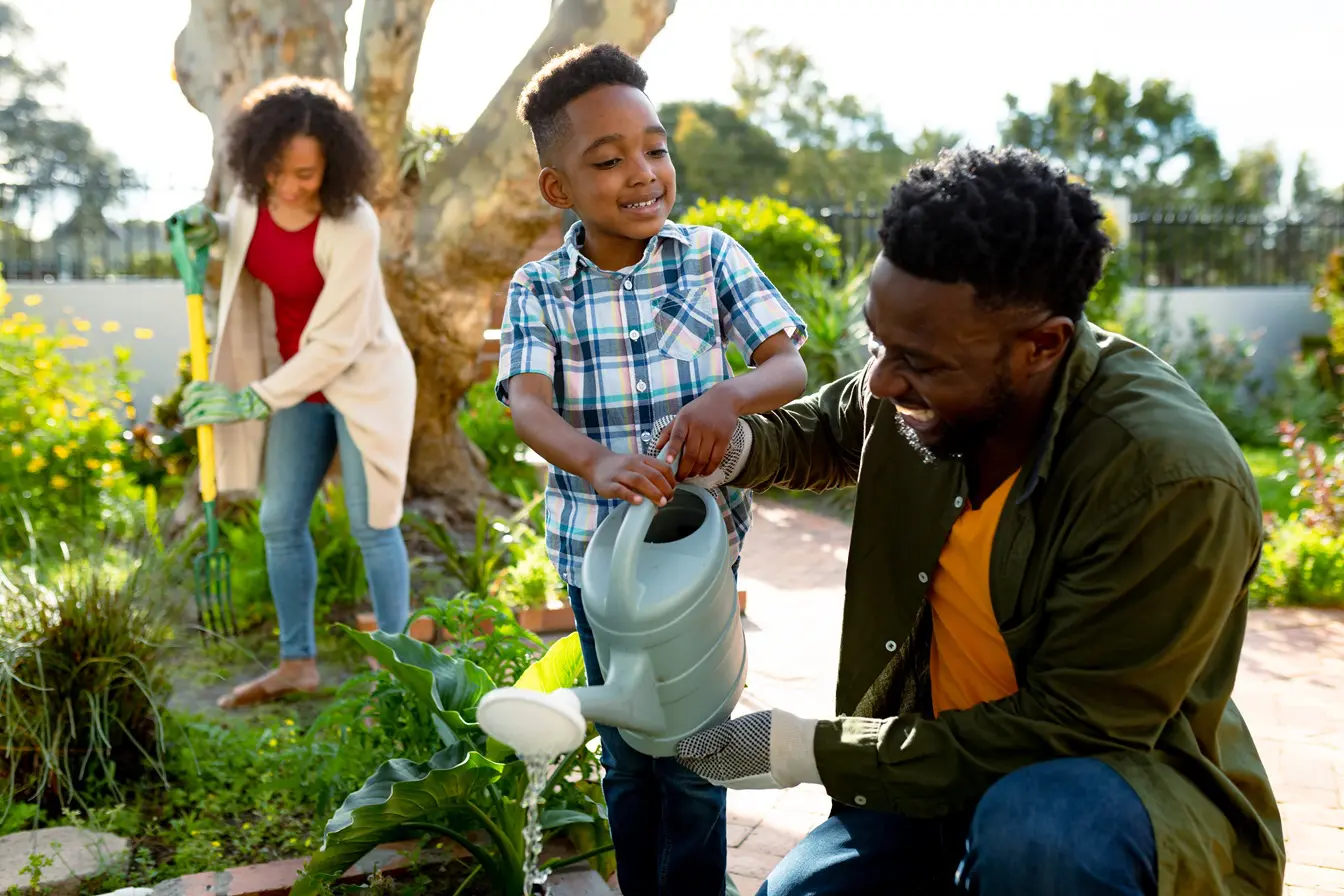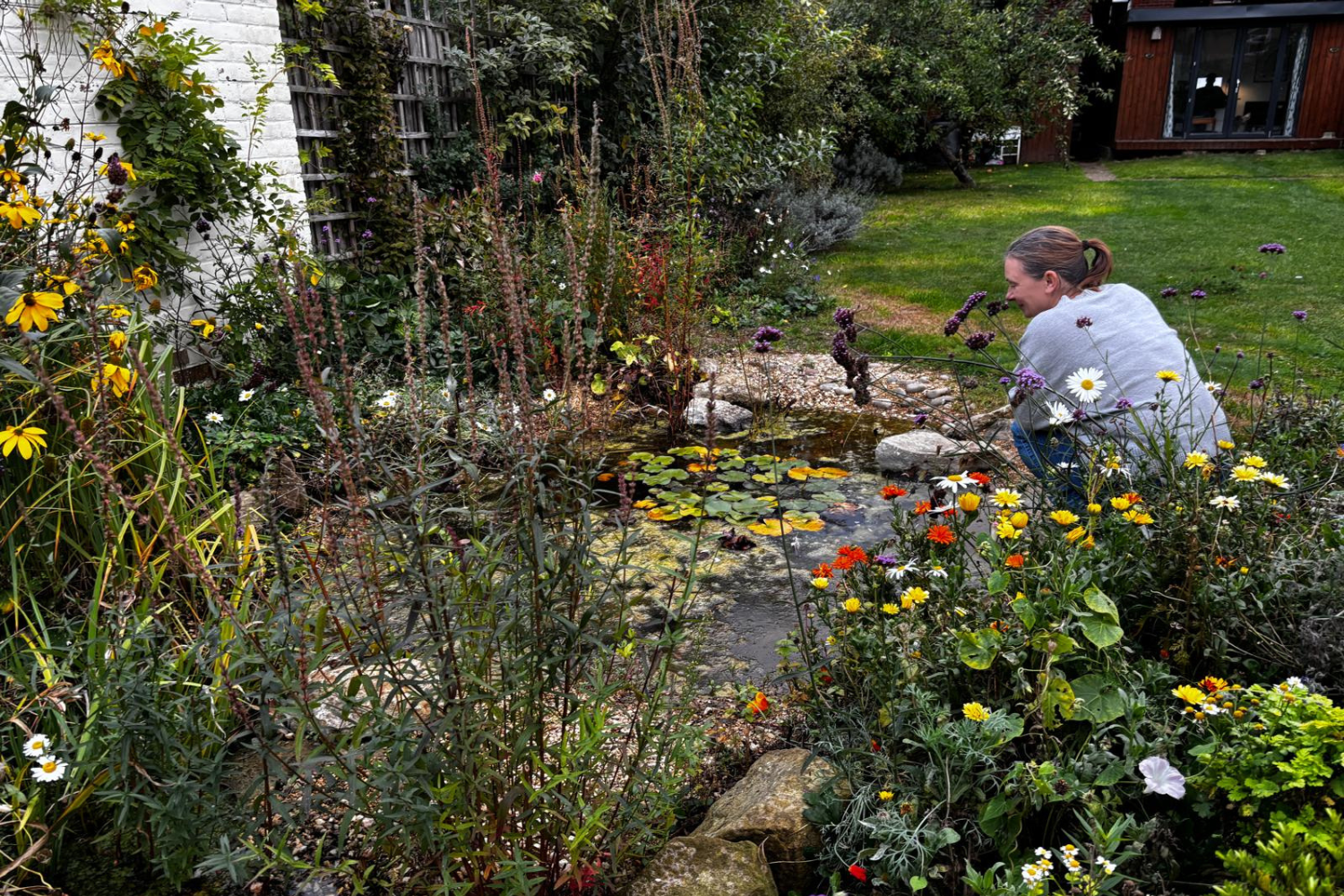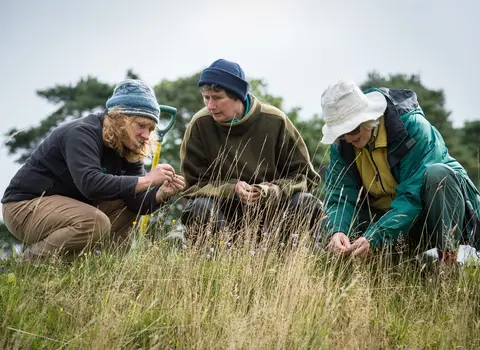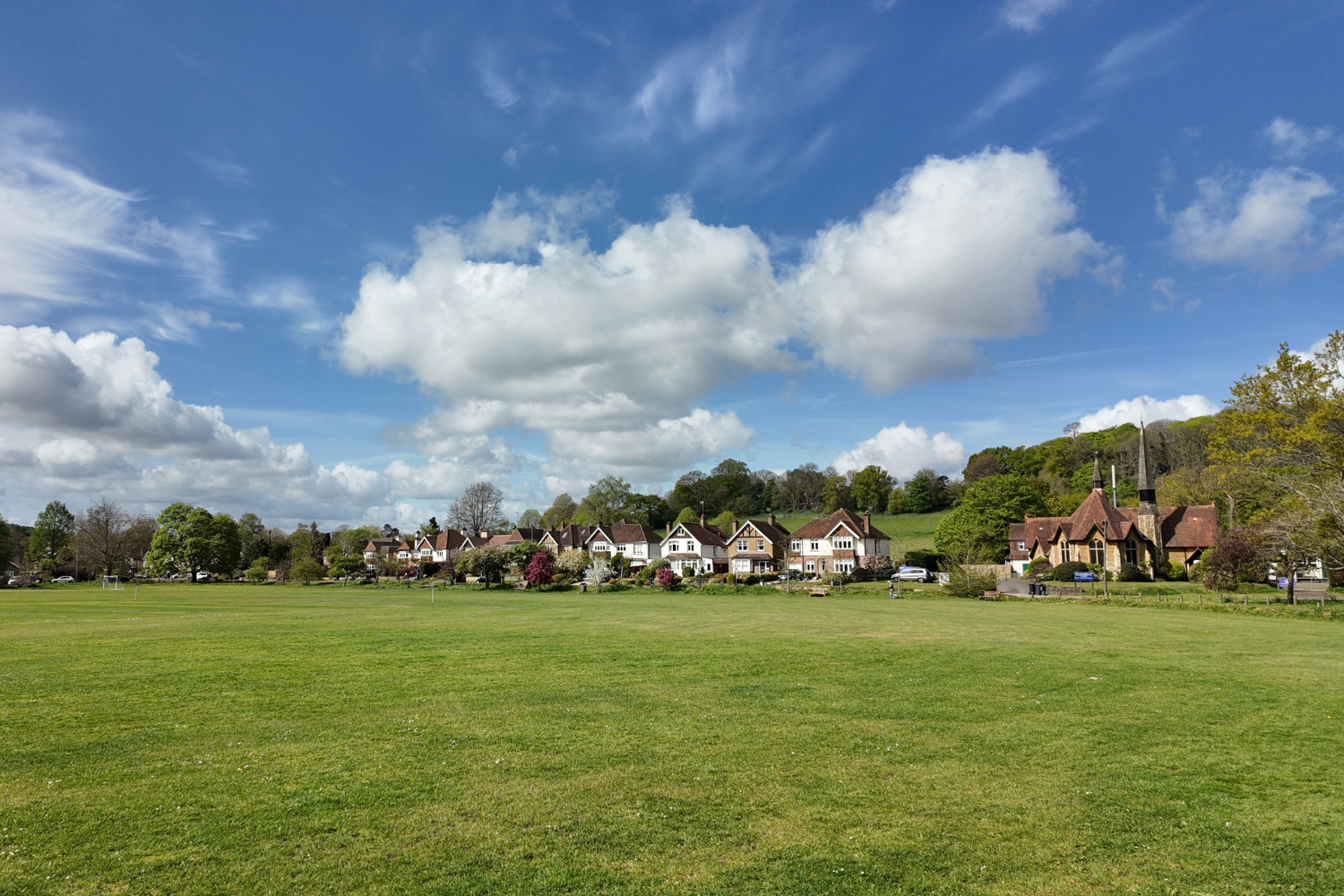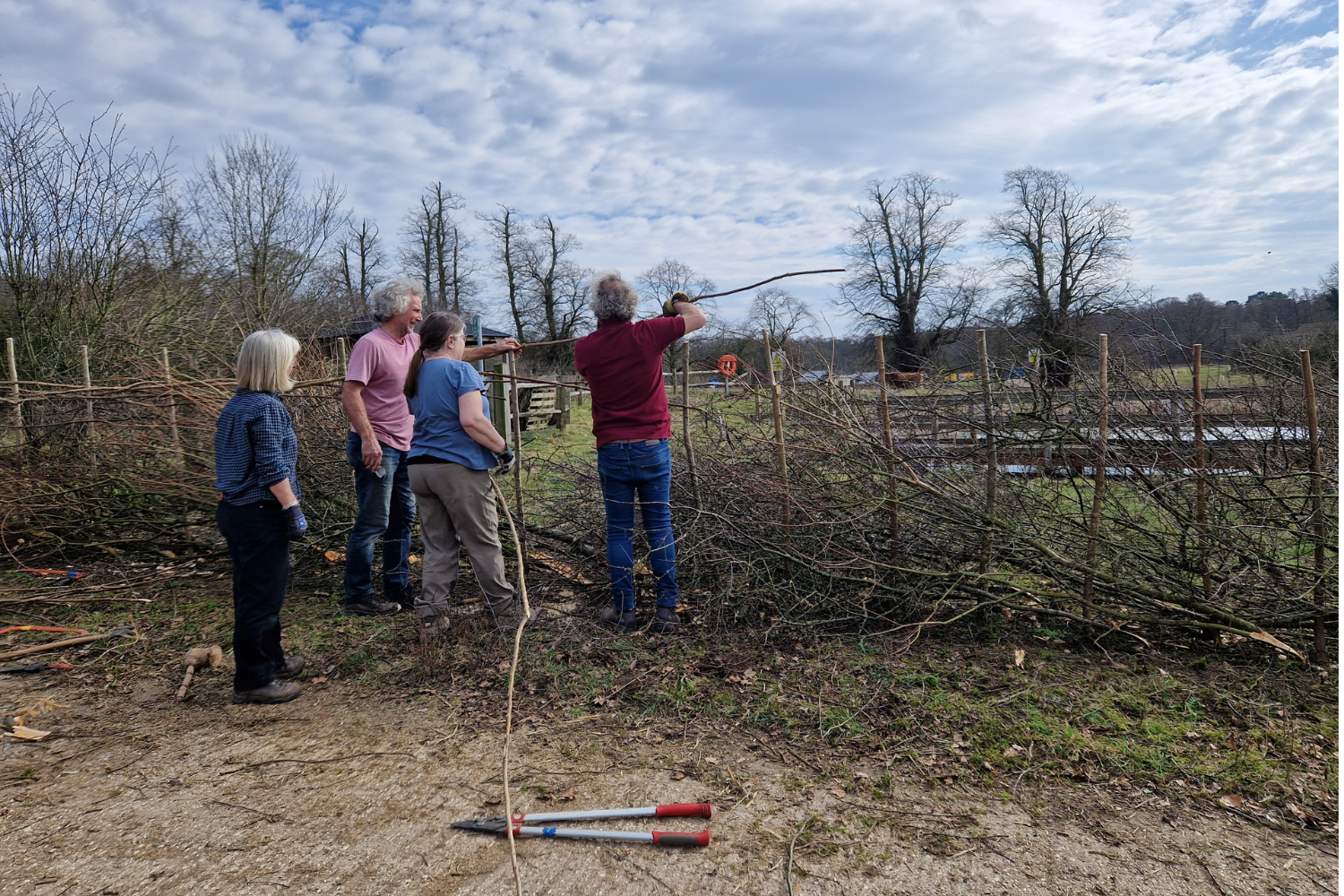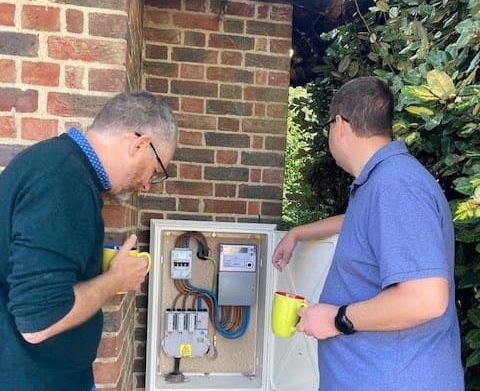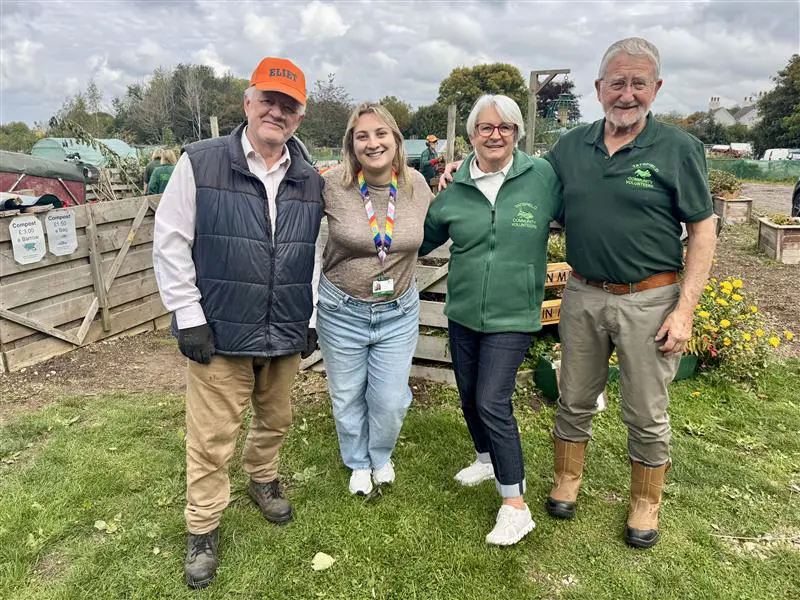Choose a good compost/fertiliser
Peatlands cover about 12% of the UK, but currently they are in a pretty bad shape. Office For National Statistics suggests that on the whole peatlands are actually emitting, rather than storing carbon. This is due to a range of factors, but one way that all of us can help to reverse this is to stop buying compost with peat – you can even make compost to save money. Get rid of unnecessary peat and double your positive impact and cost savings by making your compost from waste.






